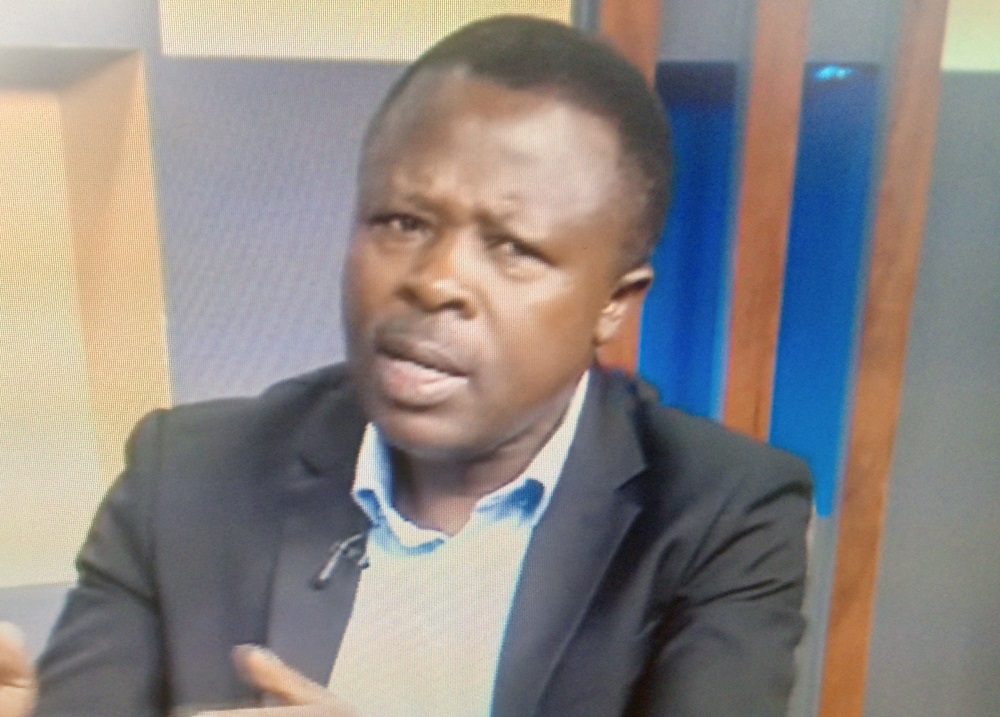By Steven Masiga
It is, therefore, against the interests of the cultural institution for any politician to use the cultural pulpit or his limelight in the cultural leadership to promote himself or herself politically. We are not vested with political power but rather cultural power.
I also take cognizance of the fact that an area claiming cultural identity cannot escape the signatures of local government councillors and other politicians. Those who glossed over this political requirement have never had a gazetted cultural leader in their vicinity.
Allow me to take this opportunity to update and inform our cultural readers that the roles played by politicians during the gazetting of a cultural leader are played in a political sense as guided by the law, but not in a partisan sense. This means it is a political decision to raise the necessary signatures in support of the area that wants to have a cultural leader, but not as an NRM/FDC party affair.
Rather, it is a political decision since we deal with LGs as entities and not with individual councillors or politicians.
It is also plausible to state here that no cultural institution can shun political support. Even when it comes to the resolution of conflicts on who was properly elected as a cultural leader, Parliament is mandated to make a law to resolve such disputes. Refer to Art 246(1) and CLA 2011 sec 16(1)(2), including the gazetting of a cultural leader done by the Minister of Gender under Section 6 of the Traditional and Cultural Leaders Act.
The above submissions highlight the role of politicians in the cultural institutions in Uganda, and we can’t avoid them since cultural institutions can’t make their own laws as they are not a government. It is only the state with the power to make laws including on culture.
However, the cultural leader himself is estopped from taking partisan positions as he is supposed to be a uniting factor in the community and not a dividing one. Politicians of different political shades will also want to identify and associate themselves with the cultural leader, including paying courtesy to him.
Will he chase them away simply because a cultural leader will be seen greeting a National Unity Platform (NUP) legislator or a Forum for Democratic Change (FDC) legislator? Cultural leaders usually look at such persons as their subjects and nothing beyond. In any case, you can’t remove NRM, NUP, or FDC supporters from your area of jurisdiction that you culturally manage.
Cultural communities are therefore made up of individuals with diverse beliefs and characters. We have politicians of different shades; there are also thieves, criminals, and witch doctors. All of these are subjects of the cultural leader, and he can’t banish them from the communities but rather guides them on the rightful practices in tandem with culture and law.
I have occasionally come across accusations that some cultural institutions have politicians in the midst of their administration. This is very true, and allow me to respond like this: having served as a spokesperson of Bamasaaba cultural institution for about 3 years now, such persons may have been identified and deployed on the strength of their previous administrative or political experience, which is needed to help the cultural institution execute certain objectives quickly.
While others have a rich history of institutional workings of the cultural institution by working with the cultural institution, it is actually them doing us a favor, and we are honored to have them in the midst of our administration as they were drafted into the cultural leadership on account of their previous competencies.
Actually, many of them even raised the possibility of throwing in the towel, but we have pleaded with them to help us manage this infant institution.
I am also happy to report and eliminate any fears that none of these individuals is using the cultural pulpit for selfish reasons. In the interim, they are on our radar, and we monitor them on a daily basis for unwelcome behaviour which may be construed as partisan in nature and may upset other community members.
Steven Masiga is the spokesperson for Inzu ya Masaaba. Tel: 0782231577.
Do you have a story or an opinion to share? Email us on: dailyexpressug@gmail.com Or follow the Daily Express on X Platform or WhatsApp for the latest updates.

